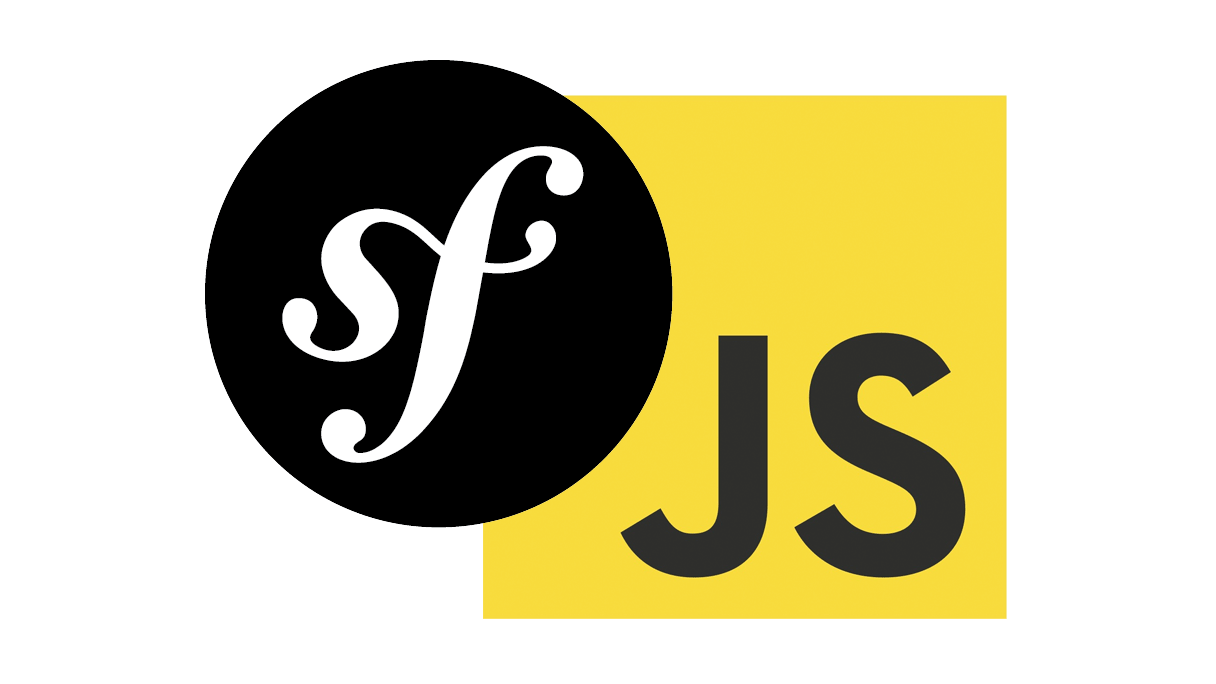Symfony UX makes Symfony a Full Stack Framework (again) by integrating JavaScript

It's common to call the Symfony framework a Full Stack Framework. This goes back to the days of it providing everything on the server side, from templating with Twig to data persistence by integrating the Doctrine ORM. But in the job market the title Full Stack Developer today means someone who is fluent in working in both front end and back end. With Symfony UX the framework is updated to be closer to that definition.
Symfony UX is a new initiative that was announced at SymfonyWorld Online 2020 on December 3. This is an initiative that makes adding JavaScript functionality to Symfony apps more simple. It is building on Webpack Encore and the Asset Component that have been around for many years now. Symfony UX will add some conventions and new libraries, mainly Stimulus.js and Swup to create a unified full stack workflow.
Behind the scenes Symfony UX uses Symfony Flex, Composer, NPM and other tools from both the PHP and JavaScript ecosystems. It is an opinionated take to make adding front end functionality easy to apps built on the Symfony framework. While UX provides an opinionated structure and libraries, using it is not enforced and there is no preferred frontend JavaScript framework, for example like Laravel prefers Vue.js.
Symfony UX provides developers comfortable with backend domain with PHP and Symfony to interactivity to the front end with preferred tooling and documented conventions. With server generated core markup, you could call it back end driven front end development. This will certainly not be something for everyone, but it need not be. You are free to use Symfony as your backend for a pure API or use Webpack Encore to build a full stack app in a monorepo with React.js client app for example.
Initially Symfony UX is released as an experimental feature that is compatible with Symfony 4.4 and up. More technical details are available in the official release post: New in Symfony: the UX initiative, a new JavaScript ecosystem for Symfony
eZ Platform is now Ibexa DXP
Ibexa DXP was announced in October 2020. It replaces the eZ Platform brand name, but behind the scenes it is an evolution of the technology. Read the Ibexa DXP v3.2 announcement blog post to learn all about our new product family: Ibexa Content, Ibexa Experience and Ibexa Commerce
